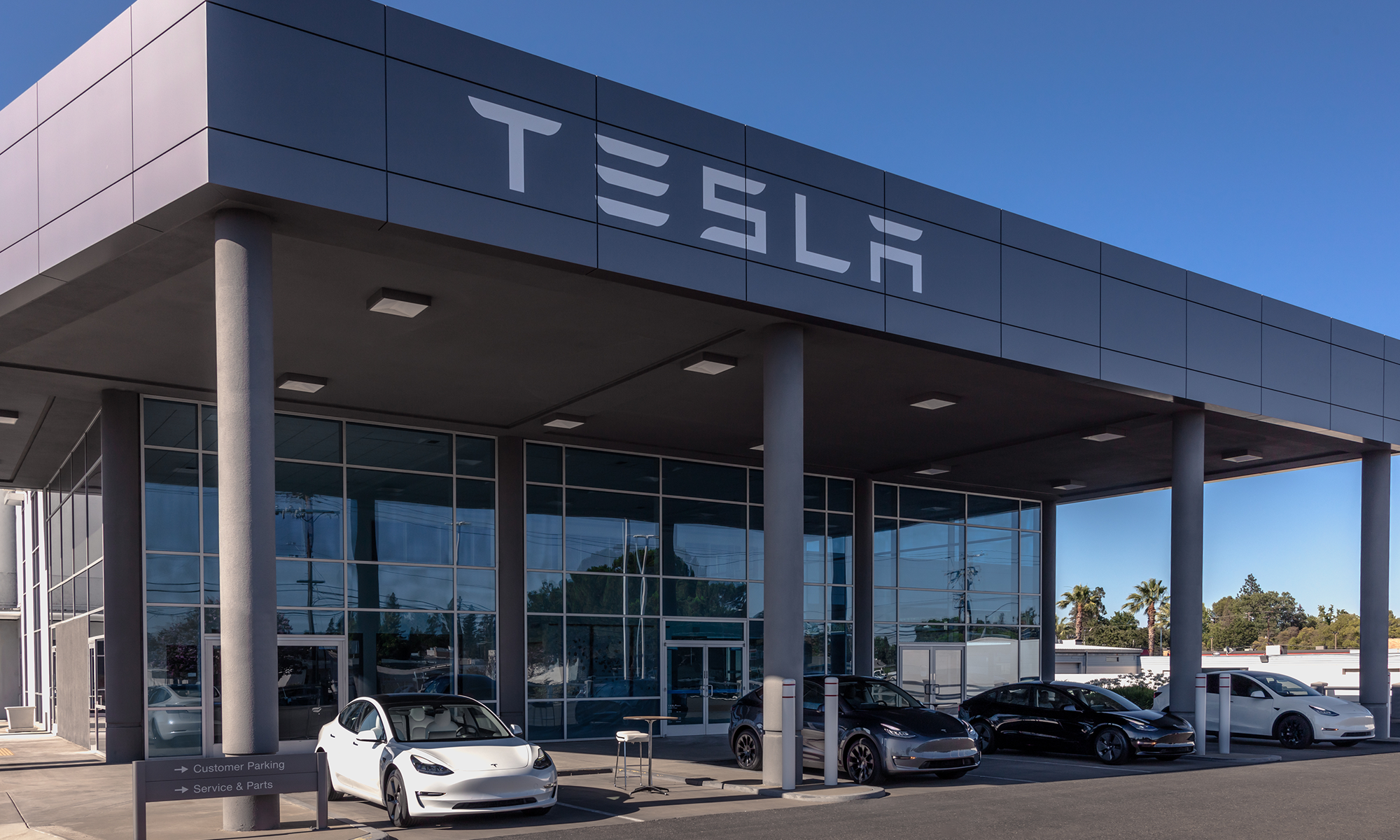Tesla Motors (TSLA +0.89%) is burning through cash faster than the "insane" zero-to-60 speed on its premium Model S cars. However, for an upstart automaker such as Tesla, spending cash at this level is not only acceptable, but also somewhat to be expected. Tesla is heavily investing in the future of its company. From the $5 billion buildout of its Gigafactory in Nevada to its controversial retail stores and international rollout of its Supercharger network, it was only a matter of time until Tesla needed to tap the public markets again for more cash.
That day has come
The California-based automaker announced a secondary share offering last week that would raise $500 million. This is Tesla's first share offering in more than two years. While these types of capital raises can dilute shareholder value, this one is more than reasonable given Tesla's capital needs and the fact that its chief executive, Elon Musk, is putting his own money to work in the deal. Musk has pledged to buy about 80,000 shares in the offering, worth roughly $20 million at the public offering price. With 2.1 million shares being issued, this means Musk is purchasing an amount of the issued shares that's greater than the overall dilution to shareholders.
This helped pushed shares of Tesla Motors up nearly 2% in trading after the announcement on Thursday, and the stock has risen further since. The stock is trading around $260 now after climbing a modest 7% so far this year. Nevertheless, many analysts on Wall Street remain bullish on the stock. Credit Suisse, for example, currently has a significantly higher price target of $325 per share for Tesla Motors. Let's take a closer look at Tesla's valuation along with the underlying fundamentals of its business and whether the stock could really hit $325 in the quarters ahead.
Same frothy valuation; much stronger company
Based on traditional valuation metrics such as the price-to-sales ratio and price-to-book value, Tesla's stock looks overvalued compared to rival automakers. Tesla's price-to-sales ratio is roughly 8.35 today, or significantly above the industry average of 3.08. This means Tesla shareholders are paying $8.35 for every $1 of Tesla's sales. Tesla's stock also trades at more than 43 times book value, which is far above the industry median price-to-book value of 10.29 today.
Nevertheless, it is important to keep in mind that Tesla's profit margins are much higher than its competitors'. The electric-car maker boasts a gross profit margin of 26.65% today, compared to a 17% profit margin for the overall auto industry. Some people argue that the company's gross margin will decline following the introduction of its more affordable mass-market EV, the Model 3. However, as my fellow Fool Daniel Sparks points out, that's not necessarily true.
With the help of Tesla's massive Gigafactory, the EV maker estimates it can cut battery costs by more than 30% by 2017. Ultimately, this would help Tesla maintain its margins even as it begins to ramp up production on newer models down the road.
Additionally, while the stock remains pricey from a valuation standpoint, there are more near-term catalysts behind it now than there were a year ago, including the upcoming launch of Tesla's Model X SUV and potential opportunities in energy storage.

Ultimately, investors are paying for Tesla's future earnings, which could be substantial if its investments in the complementary energy business, charging infrastructure, Gigafactory, international expansion, and mass-market model pay off down the road. Musk, has a proven track record of turning company investments into value creators for shareholders. If this is any indication of what's to come, there is a good chance that many of these initiatives will reap rich rewards for patient investors.
An alternative growth channel
Tesla's foray into energy storage could end up being a significant growth driver for the company outside of its electric vehicle business. The company recently began production of Tesla Energy products, which it plans to sell to commercial businesses such as Wal-Mart for powering factories and reducing electric bills for commercial buildings. The energy storage initiative could be worth upward of $70 to Tesla's stock, an analyst at Dougherty & Co told Bloomberg.
These alternative revenue streams should ultimately push Tesla's shares higher, though not for some years, as it is still early days for the alternative energy space.
Here are some other encouraging things to consider. Without any paid advertising, Tesla now commands nearly 8% of the combined mid-to-large luxury sedan market in the U.S. This is particularly impressive because unlike rivals such as General Motors or Ford, which spend hundreds of millions on advertising their vehicles each year, Tesla has gained this market share simply by word-of-mouth and quality of product. Also, unlike those rivals, which have been in business since the late 1800s, Tesla has only been around since 2003.
Tesla's prospects abroad are also looking up these days. In Europe, second-quarter Model S sales grew more than 50% year over year, regardless of recent price hikes on the vehicles. Also, sales in China are starting to recover. During the second quarter, Model S orders in Asia nearly doubled from the prior quarter.
These catalysts should push shares of Tesla Motors past the $325 mark, though investors need to know that it will take time. Tesla is in the investment stage of its growth story, and many of these promising initiatives won't come to fruition for years. While that doesn't mean the stock can't soar before then, it means the real potential for Tesla Motors and its shareholders is still years out.






